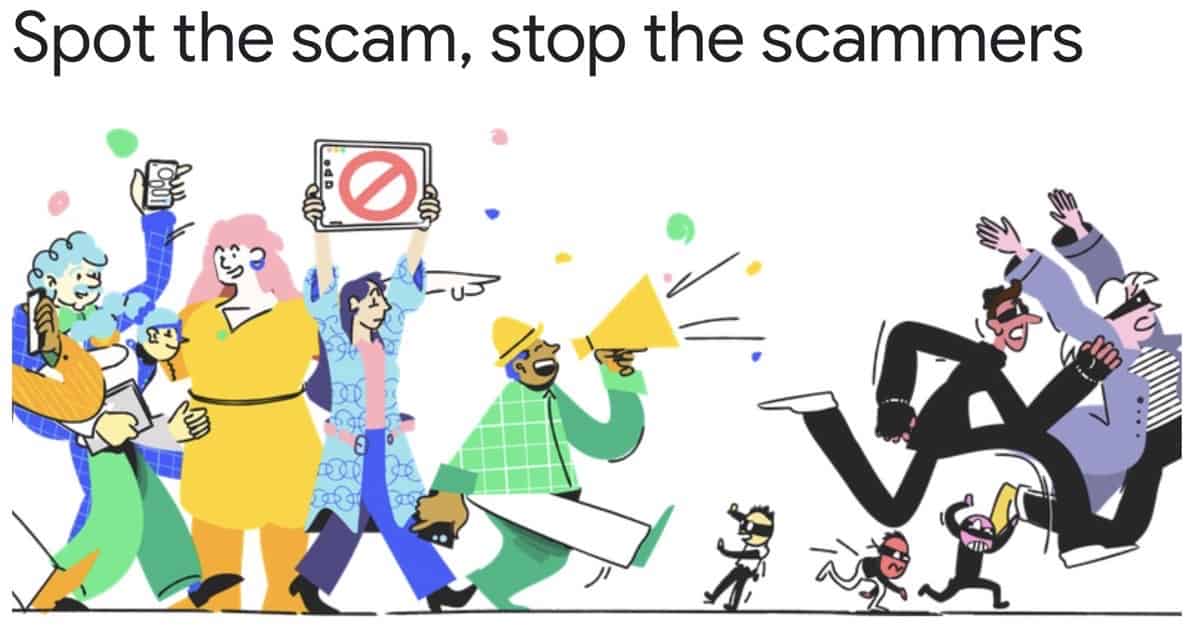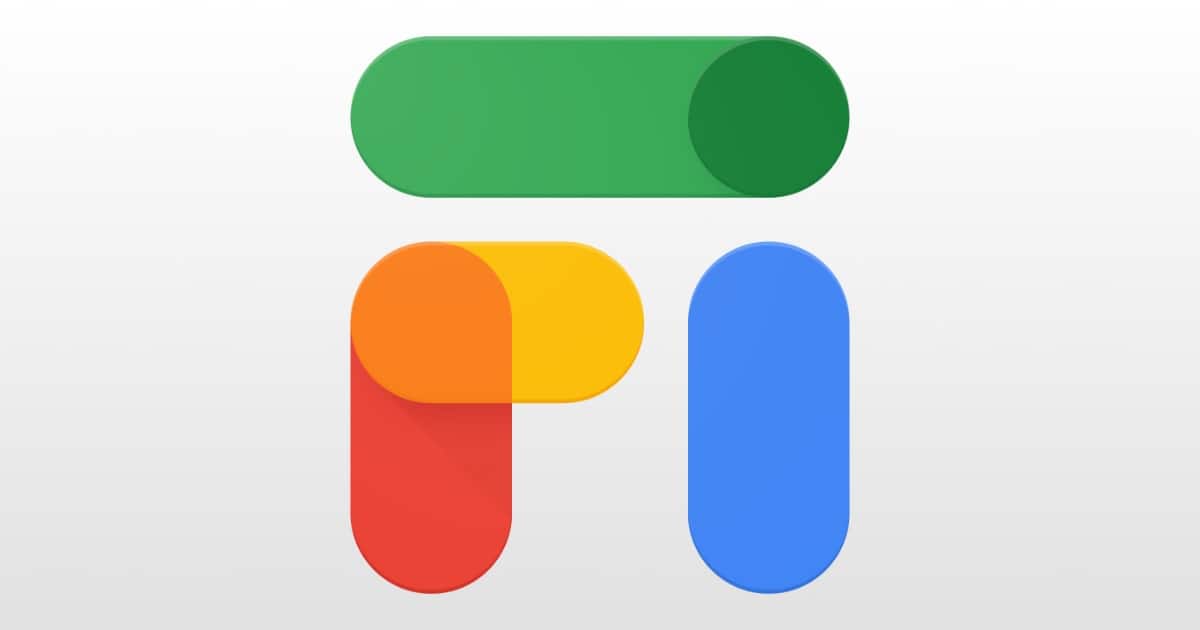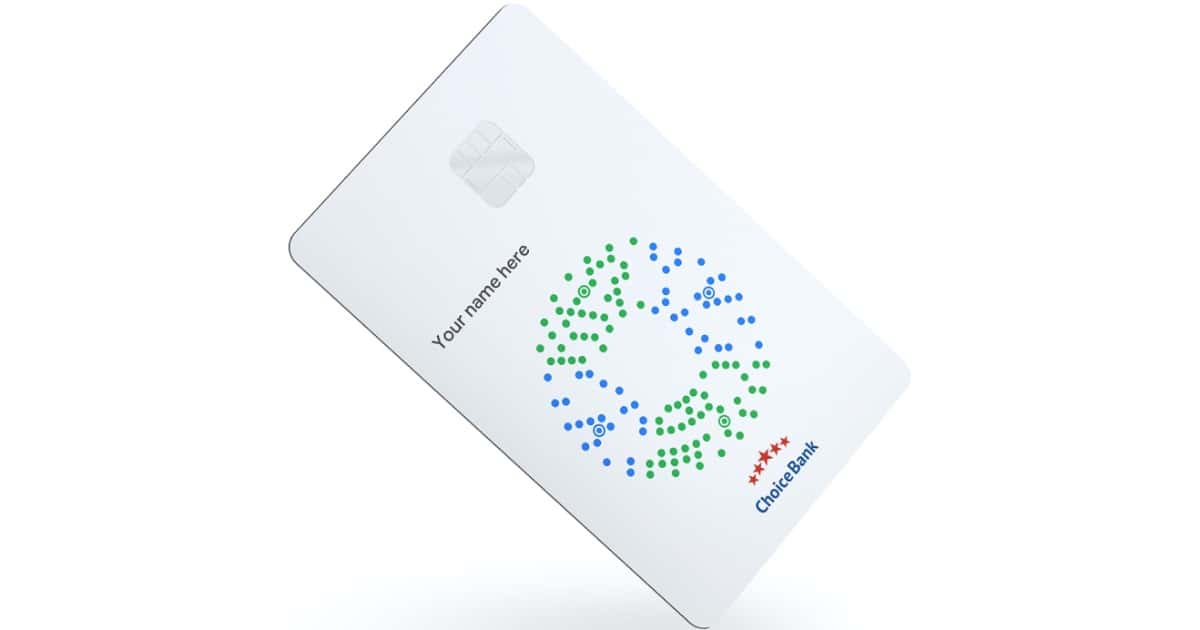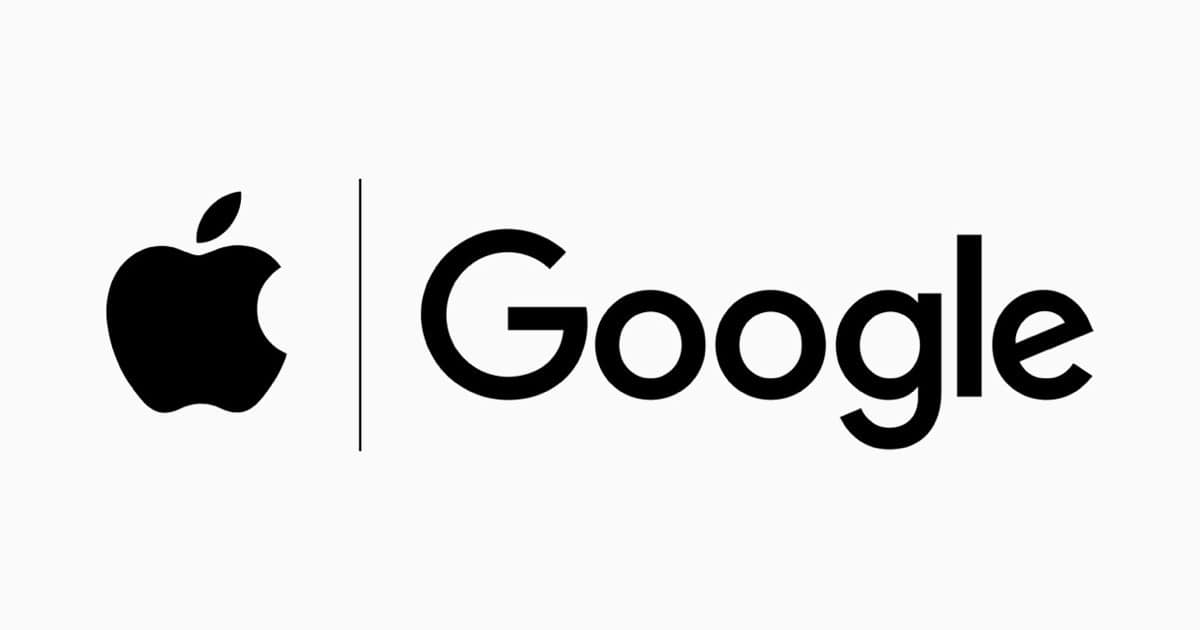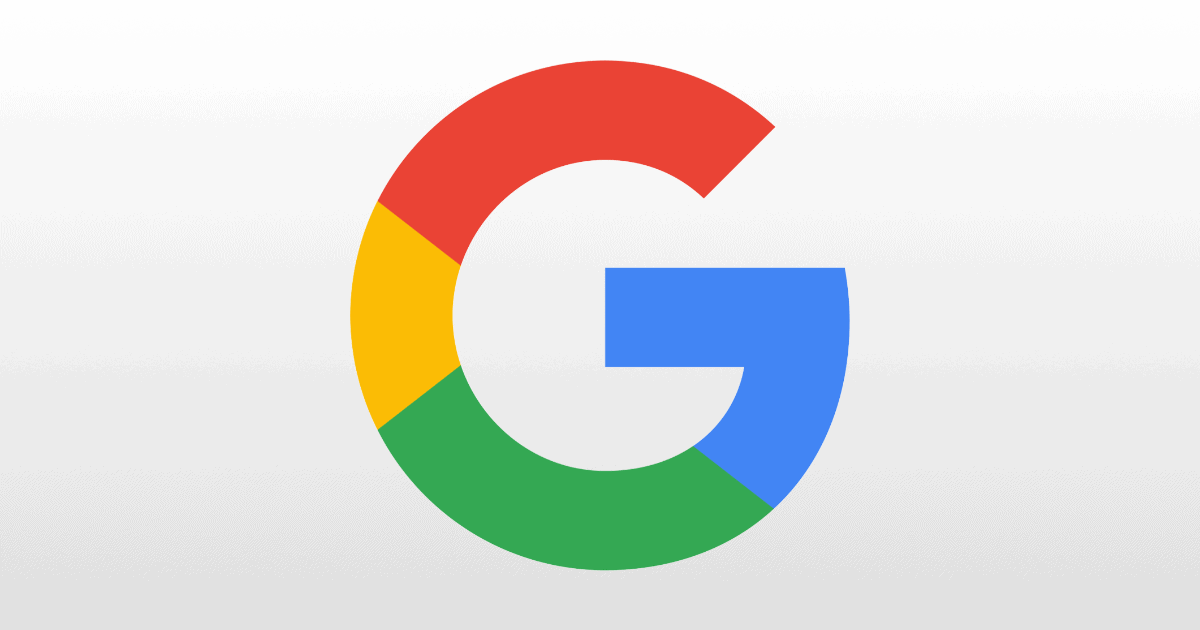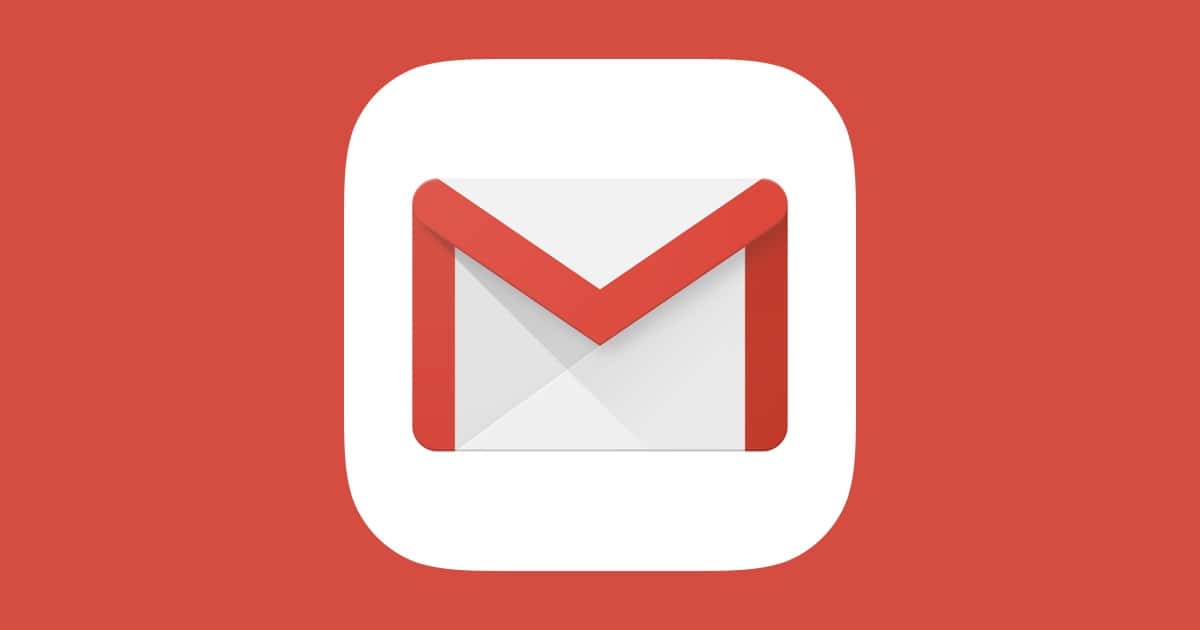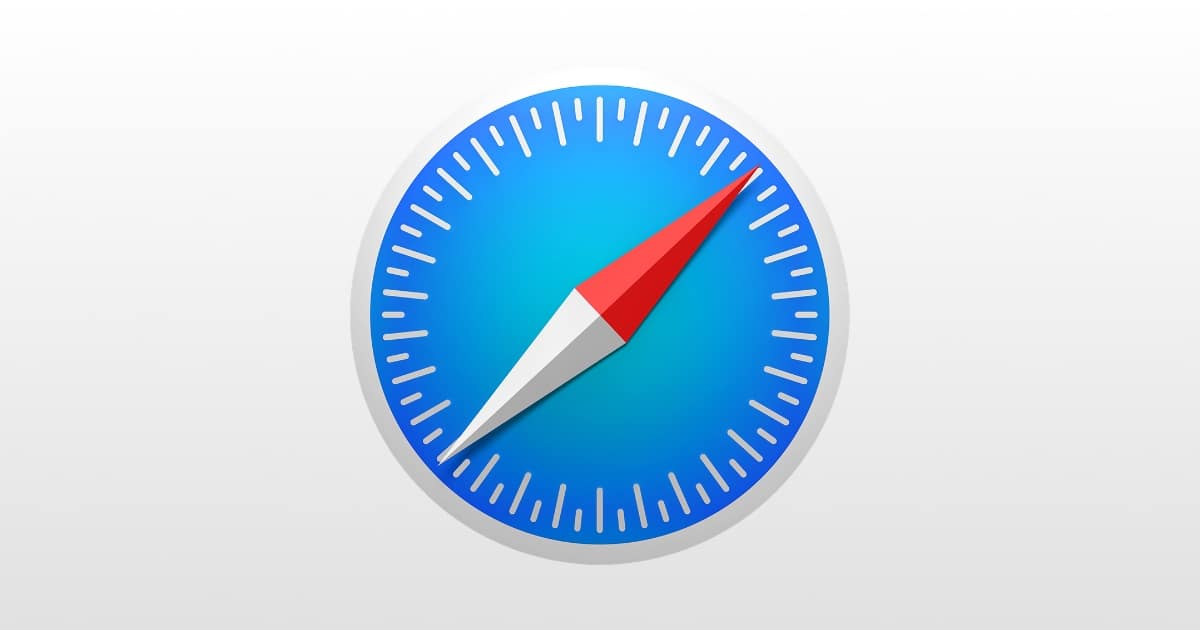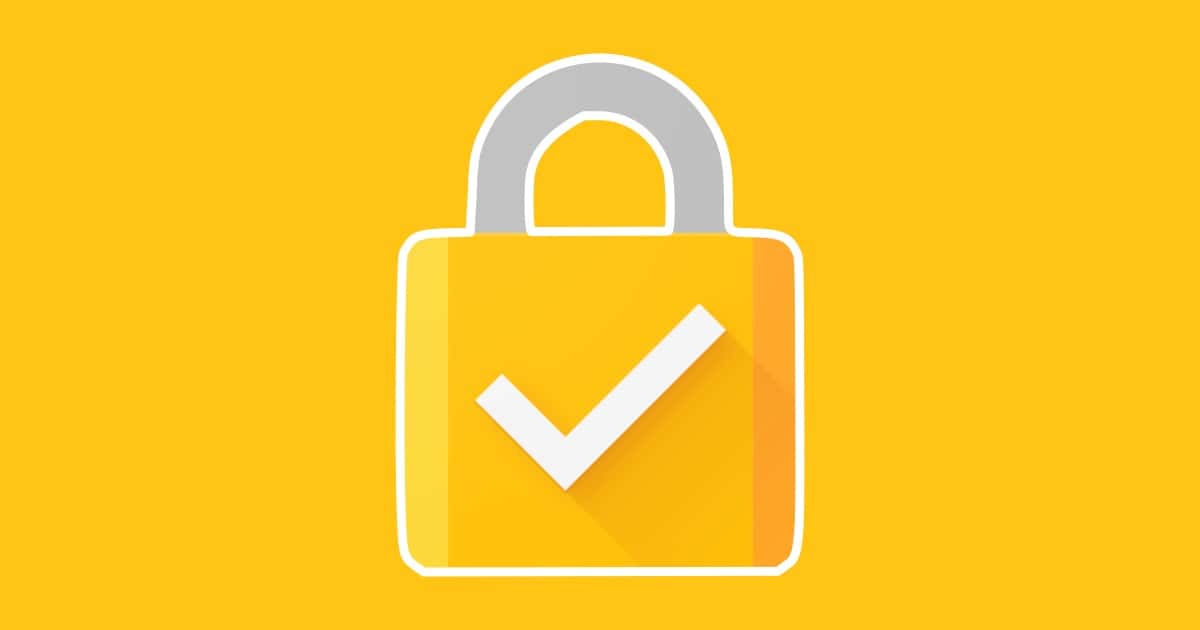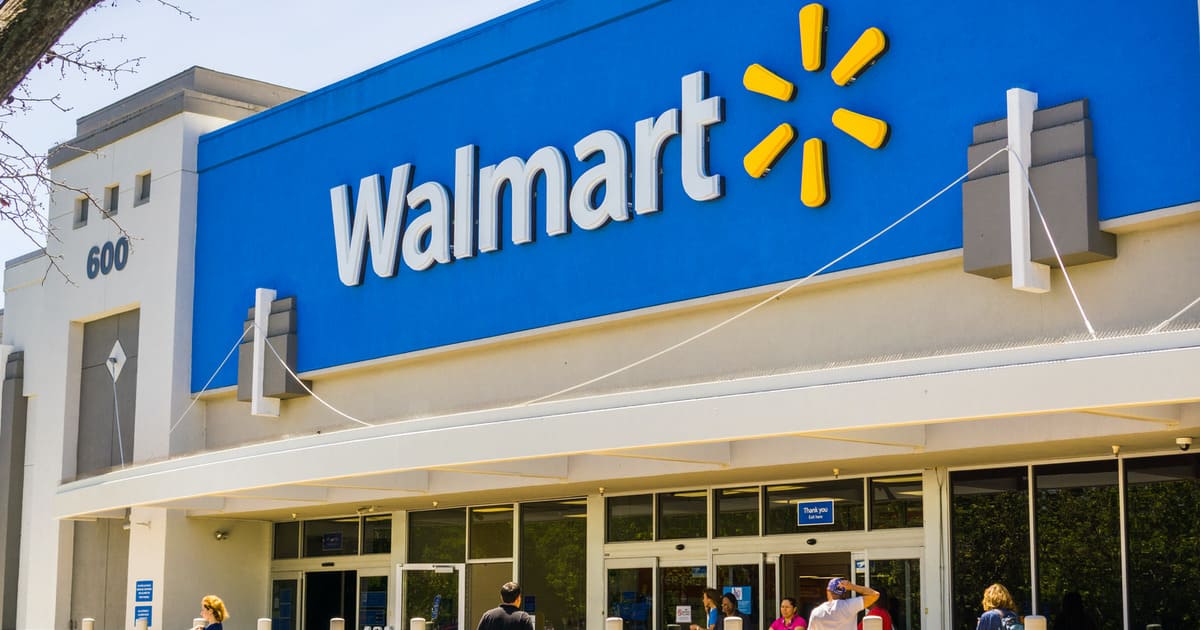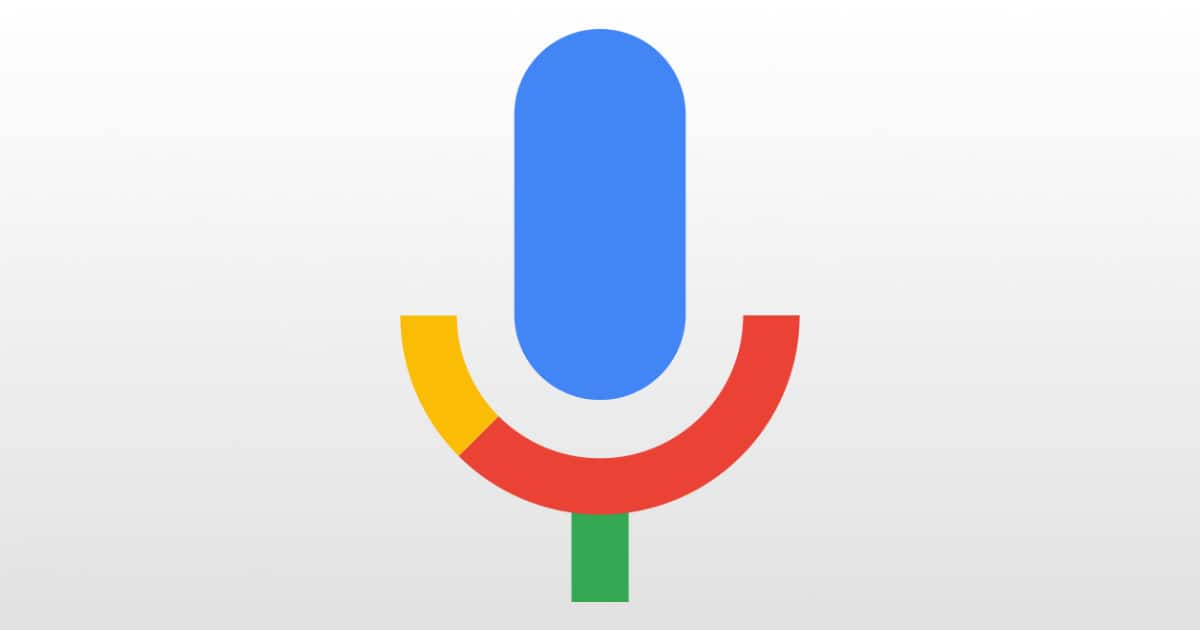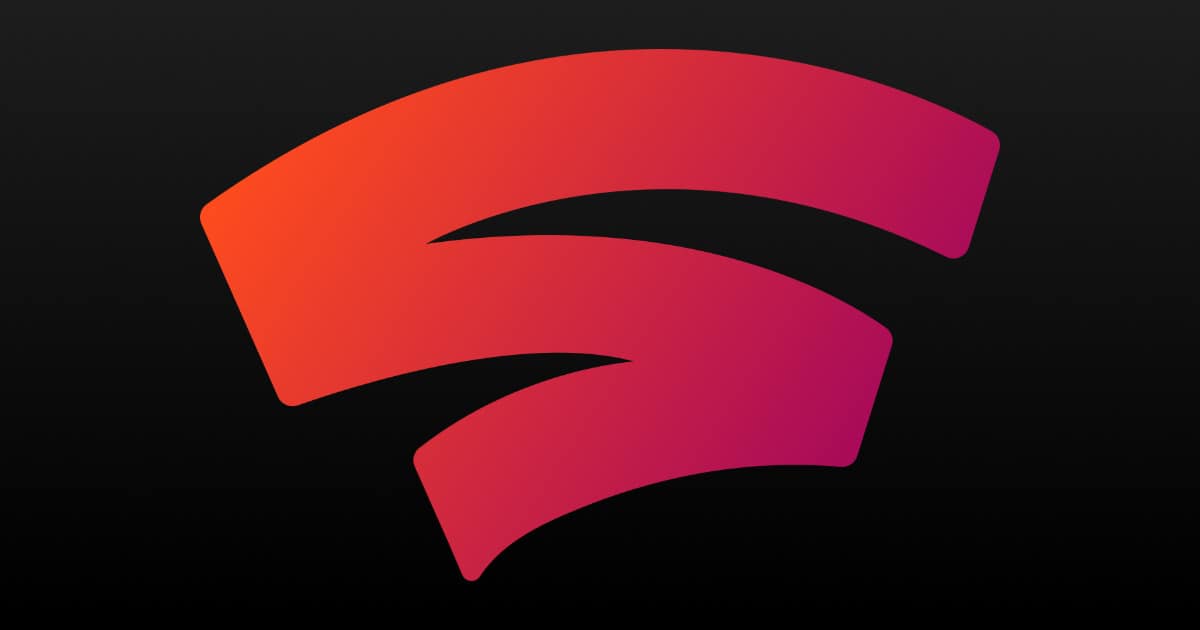Partnering with the Cybercrime Support Network, Google has a new tool called Scam Spotter. It gives you a quiz to help you spot online scams. It simplifies advice from experts into three golden rules:
- Slow it down: Are they telling you it’s urgent? Take your time and ask questions to avoid being rushed into a bad situation.
- Spot check: Are they claiming to be from a specific institution? Do your own research to double check the details you’re getting.
- Stop! Don’t send: Are they asking you to go to the store and get gift cards? If you think a payment feels fishy, it probably is.
